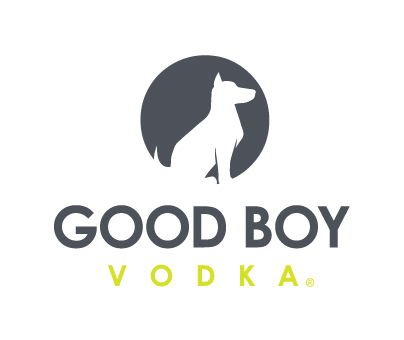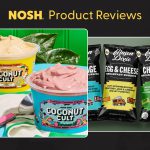FTC Puts Companies on Notice: “Don’t Play Fast & Loose With the Truth”

The Federal Trade Commission (FTC) has warned around 670 companies to stop making unsubstantiated product claims or face the prospect of steep civil penalties.
On Thursday, the agency sent a Notice of Penalty Offenses to the companies, a wide spanning group involved in the marketing of OTC drugs, homeopathic products, dietary supplements and/or functional foods. The list includes retail giant Amazon, pharmaceutical maker Johnson & Johnson, drugstore chains CVS and Walgreens, and wellness influencer Gwenyth Paltrow’s Goop, Inc., among others. Inclusion on the list is not an indication of wrongdoing by the companies named, according to the agency.
Within CPG, the list featured ingredient companies ADM Ganeden and Cargill alongside global conglomerates like Danone, General Mills, Coca-Cola and Pepsi. Other names range from Bragg Live Foods and Brain Juice to Bigelow Tea, POM Wonderful, and Liquid I.V.
The Notice carries the potential for the FTC to incur civil penalties (up to $50,120 per violation) against any company that engages in conduct that it knows has been found unlawful. Such acts include having a lack of a “reasonable basis consisting of competent and reliable evidence” for product claims, lack of “reliable” scientific evidence to support health and safety claims, and at least one “well-controlled human clinical trial” that shows its effectiveness in “curing, mitigating or treating a serious disease.”
Other violations include misrepresenting the level or type of substantiation for a claim and misrepresenting that a product claim has been scientifically or clinically proven.
“The principles behind our substantiation program are simple. If a company makes a claim about what its product can do, it must back that claim up with reliable evidence,” said FTC Commissioner Kelly Slaughter in a statement on March 31. “If a company makes a claim about the health and safety benefits of a product, that claim must be based on scientific evidence. If a company claims that its product can cure, mitigate, or treat a serious disease such as cancer or heart disease, it must back up that claim through the accepted standards of scientific testing, including randomized control trials.”
Reigning in product claims has been a key piece of the FTC’s updated Health Products Compliance Guidance issued in December, which sought to tighten its interpretation of the “competent and reliable scientific evidence” standard. This week’s Notice also represents a newfound willingness by the FTC to deploy its Penalty Offense Authority, which allows it to seek civil penalties if it can be proven that a company engaged in unfair or deceptive practices in violation of the FTC Act after receiving a warning.
The FTC’s interpretation of its authority may be challenged, though. Its position – that previously litigated cases, some from several decades ago, create precedent to justify penalties for current offenses – has not been the subject of court challenge
“The prospect of steep civil penalties will help ensure that advertisers don’t play fast and loose with the truth,” said Sam Levine, Director of the FTC’s Bureau of Consumer Protection.
Brands have faced similar scrutiny for wellness claims in the past, though those were often centered around specific dietary or health issues. For example, at the start of the COVID-19 pandemic both the FTC and FDA indicated they would crack down on products claiming to offer immune boosting or respiratory benefits that were not supported by scientific studies. CBD brands have also been the subject of warnings.
Meanwhile, other brands have challenged the validity of competitor’s claims via the National Advertising Review Board (NARB) and the National Advertising Division (NAD). After apple cider producer Bragg filed a complaint against supplement maker Goli, the latter was ultimately told to adjust their marketing and packaging.

















